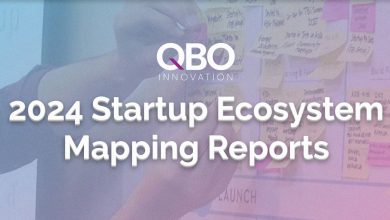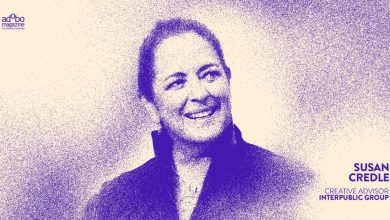PATTAYA, THAILAND – On March 20 at ADFEST 2025, Black Cat White Cat Music‘s Seiya Matsumiya and Erik Reiff explored how cultural collisions shape creativity. Their talk showcased how diverse influences spark innovation, with real-world examples of unexpected collaborations and cultural synergy in music.
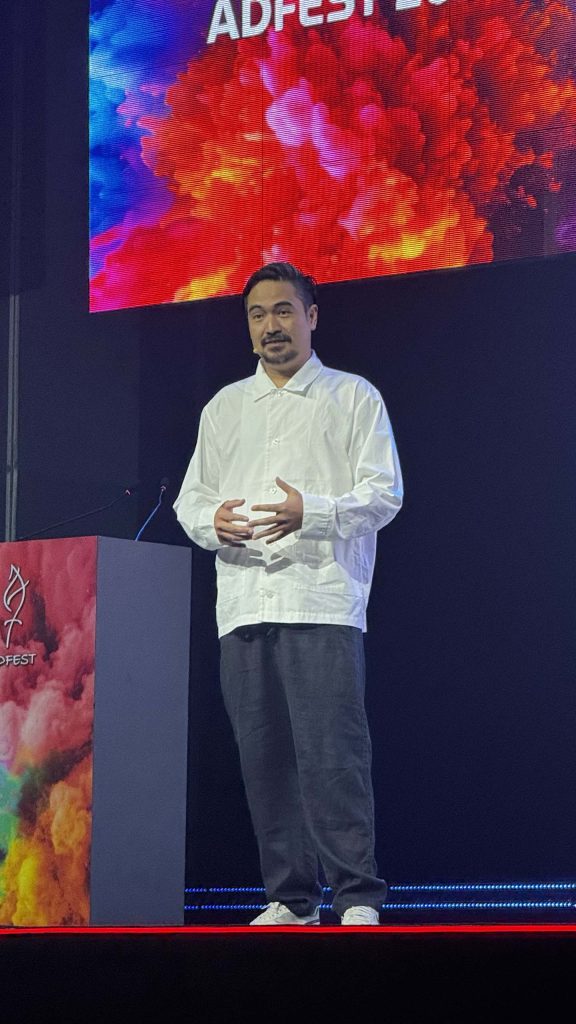
Erik has spent over a decade creating music across different worlds — video games, advertising, and beyond. Born in Manila and raised in Tokyo, he honed his craft in the UK at the Liverpool Institute for Performing Arts. As a Founding Partner and CCO of Black Cat White Cat Music, Erik balances his work in advertising with projects in film, TV, and artist production, while also serving as a juror for prestigious awards including ADFEST, One Show, Ciclope Asia, and Dubai Lynx.
adobo Magazine caught up with Erik to dive into the intersection of creative intelligence and artificial intelligence — uncovering the lessons he’s learned from a career immersed in music, production, and the evolving world of creativity.
According to Erik, keeping his creative intelligence sharp is more than just observing and digesting other people’s work. “For me, it’s not just about studying the work — it’s about enjoying it.”
When it comes to music, inspiration comes in many forms. “It’s not just visual, it’s not just watching movies, but also the new artists that are coming about, or even going back into the things that I loved about music when I first started playing.” Revisiting his musical roots helped Erik reconnect with his passion.
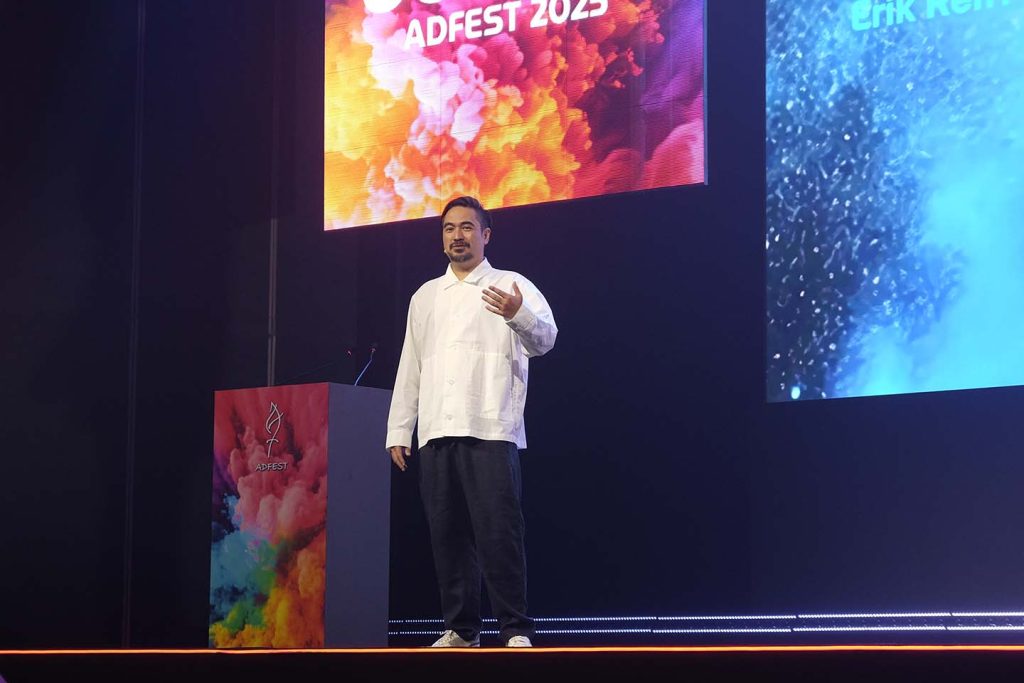
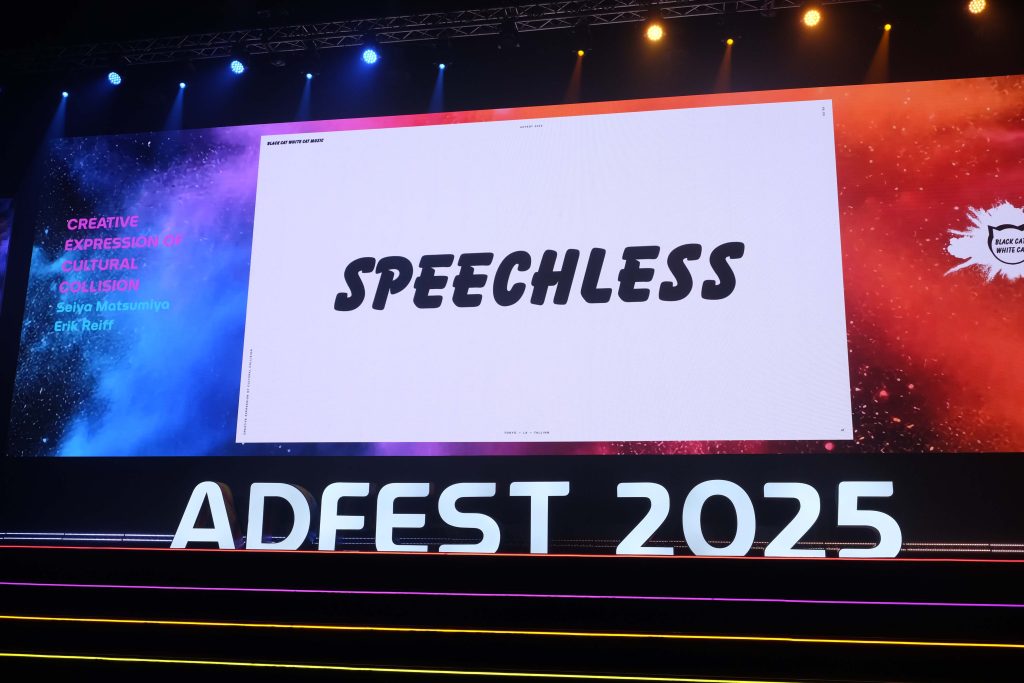
“It usually tends to be based on a walk or just, you know, alone time — put something on, and then go from there.” When asked about his musical inspirations, he cited the GOATs – Prince, Led Zeppelin, Dr Dre, and even Thelonious Monk. On the fresher spectrum of artists, Erik confessed that Doechii’s Alligator Bites Never Heal has been on repeat on his Spotify for weeks.
Artificial intelligence was one of the most hotly debated topics at ADFEST 2025, dividing opinions across the speaker lineup. Weighing in on the conversation, Erik put it bluntly: “Like any new tool, people will be super into it at the beginning, but then they’ll realize that it’s still not necessarily human.”
Referencing Cirkus’ Christian Greet’s talk at ADFEST 2025, he acknowledged AI’s limitations: “There is a limitation on what you can do.” While AI can help generate ideas, he believes it can’t replace true craftsmanship. “People will be drawn to it if they want something quick and easy, but then the quality — the craft — will never be there.”
Erik has experimented with AI-generated music. “It will generate a great song, but let’s see — an edit comes out, and they want to try different things? It just never works out. It sounds weird, or it sounds copied.” However, he sees its potential as a creative tool. “We have used it in the past to generate ideas and then see where that comes from.” Ultimately, he hopes AI remains just that — a tool. “I’m also hoping that it doesn’t take over our jobs.”
He has crossed paths with countless incredible artists and songwriters throughout his career, but nothing could have prepared him for meeting Sir Paul McCartney. Describing the experience as “surreal,” he recalls the moment with unmistakable awe — one that remains a defining highlight of his journey in music.
“It was a pretty surreal experience because you kind of go in, and the guy’s there. And he comes up and he’s like, ‘Hi, I’m Paul.’ It’s like, yeah, no s*** … I know you. I’ve listened to your music. You’re the dude.”
Beyond the initial awe, the encounter turned into a masterclass in songwriting. “Obviously, he knows his weight — his opinions have weight.” As part of what felt like a “final exam,” Erik played a song for Paul, who carefully listened, checked the lyrics, and offered feedback.
One lesson stuck with him. “The advice he gave me was: when you write songs, don’t always think from a personal perspective — try writing for other artists in your head.” Paul revealed that the song “The Long and Winding Road” by The Beatles was written with Ray Charles in mind — a technique that broadened his creative approach.
That insight became invaluable to Erik’s career. “Especially with advertising music, or music for film or games, you always have to put yourself into a different perspective. Who is listening to this? What’s the story? What does the director want? What is the player going through right now? How do you evoke that emotion? I think that was the best thing he said to me.”
Amid evolving technology, Erik stays true to the heart of creativity — passion, perspective, and storytelling through music. From global campaigns to a songwriting lesson with Paul, his journey proves that true artistry isn’t just about the tools, but the stories we tell.





